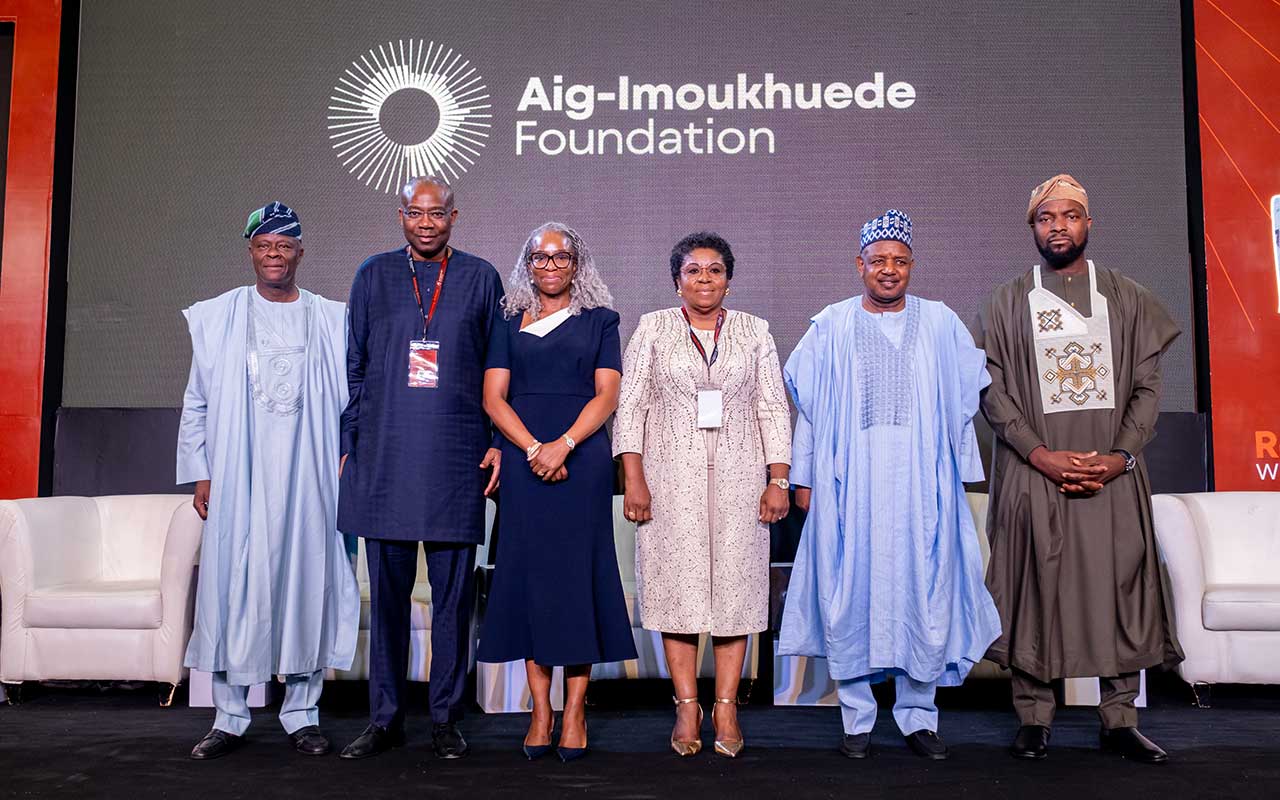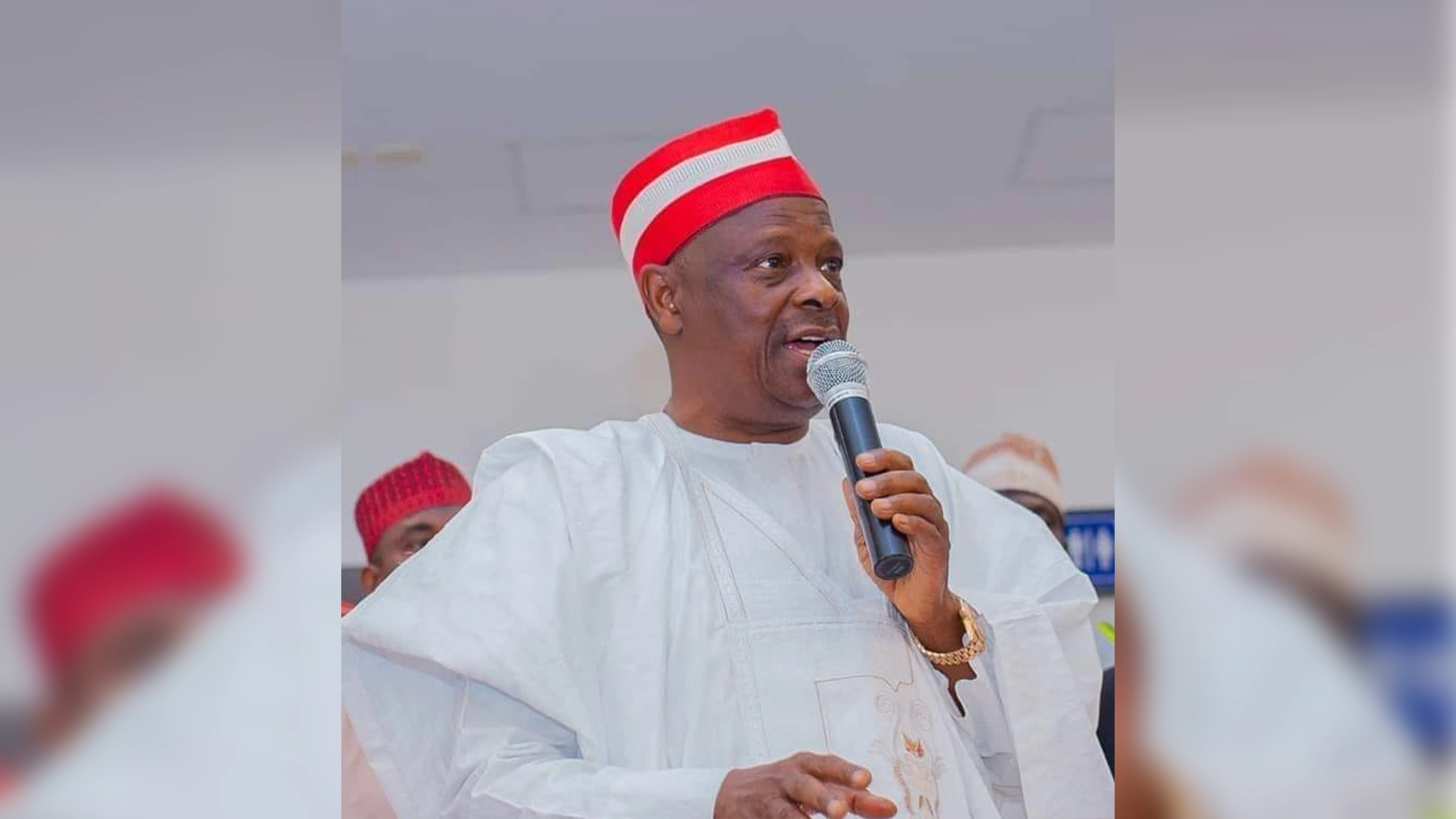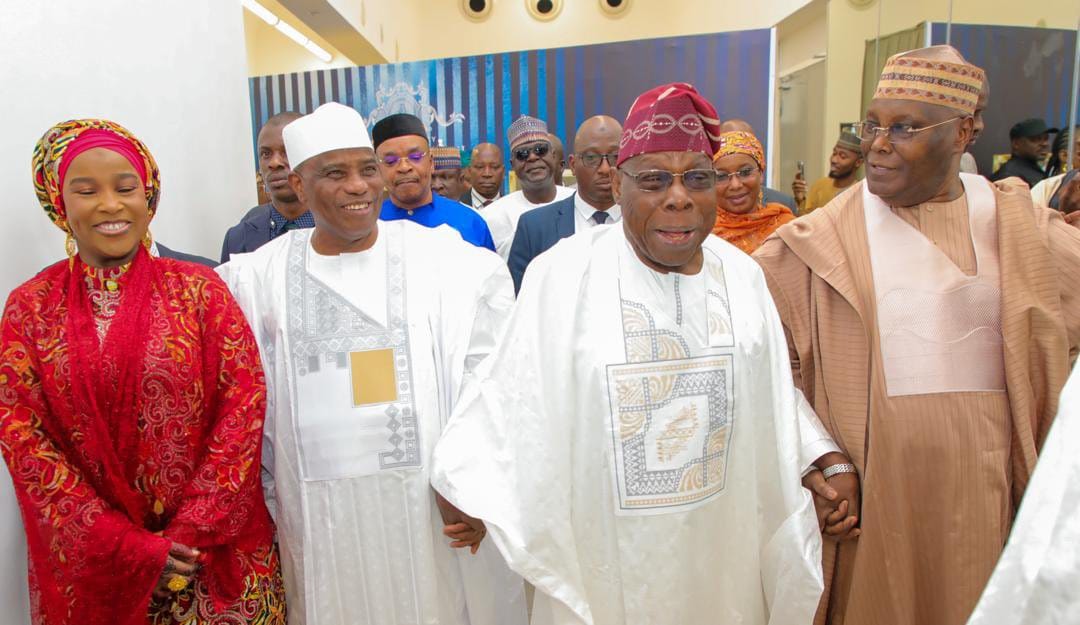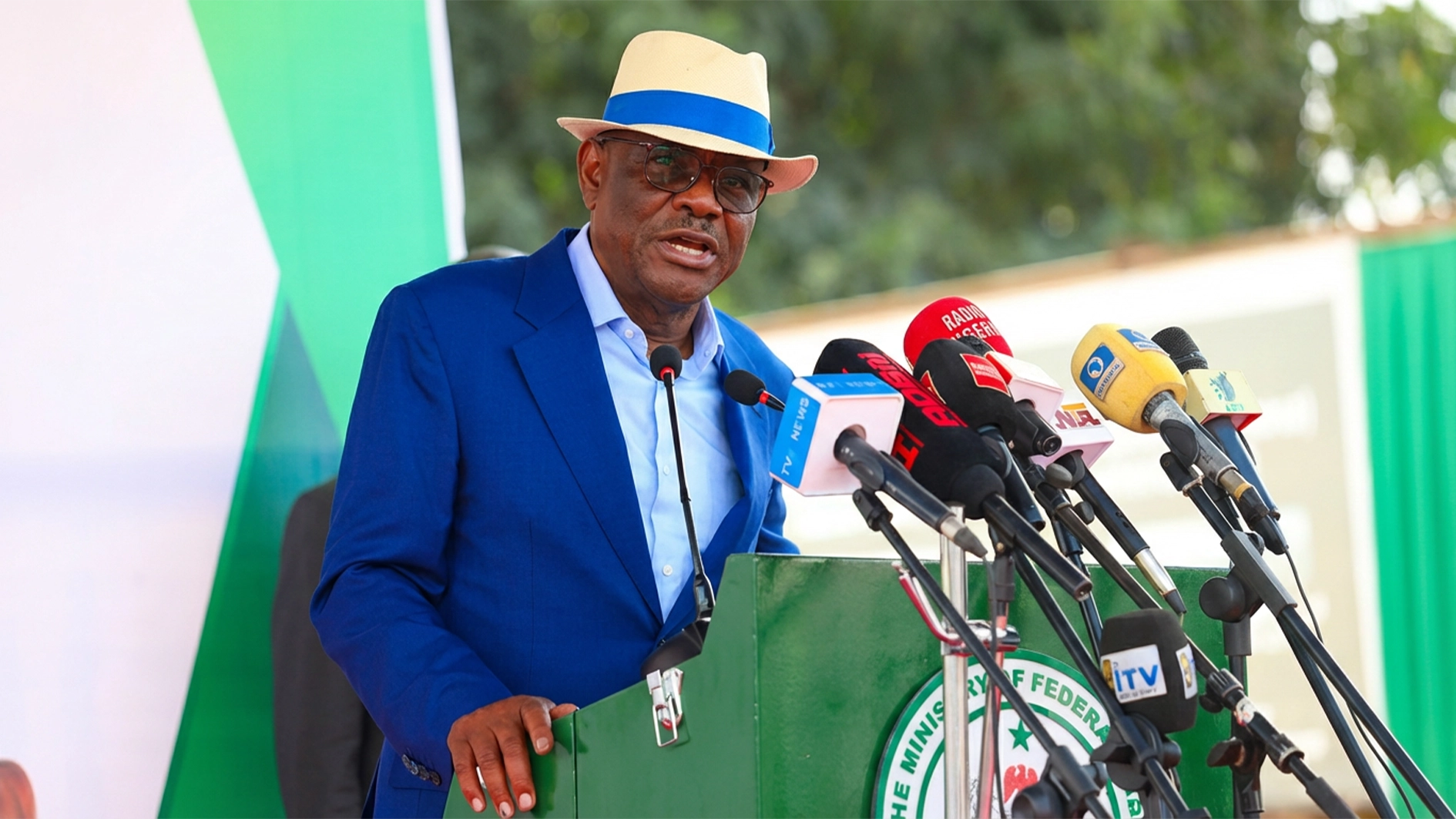
A poignant article in the Financial Times of London of January 31, 2022, asked the question, “What is Nigeria’s government for?” as its headline. Written by David Pilling, the piece scornfully described the sheer absence of public services in the country and wondered how the citizens function in such a state.
“Almost all the energy, drive and wealth creation in Nigeria happens outside government…’’, Pilling writes, adding, rather wryly, “Nigeria desperately needs an administration whose energies go not into preserving its own privilege, but into providing public goods – basic education and health, rule of law, security, power, roads and digital infrastructure.”
The reason our government has not been able to serve the citizens well is traceable to many factors, among which is failure of many of its reform programmes. The public service was once acclaimed for professionalism and notable accomplishments. However, performance disablers such as political intervention, career officials’ consistent abdication of professional obligations, patronage and cronyism continue to deplete its profile.
So, what happened? Why did our public service decline over the years and what can we do about it?
The Aig-Imoukhuede Foundation in 2023 commissioned an in-depth study of the reasons for this decline with a view to recommend solutions. The study examined past and present public sector reforms, identified impediments to their sustained success and proposed recommendations that will contribute to improving public service reforms in the future.
The research team was led by Prof. Jide Balogun of the Obafemi Awolowo University, who had also served as the Special Adviser in the Department of Economic and Social Affairs at the UN Headquarters. The interim report of the study was unveiled at a workshop for public service reform stakeholders on July 30, 2024, in Abuja.
The workshop’s theme was ‘Why Many Reforms Fail in Nigeria and What We Can Do About It’. It was a platform to solicit feedback and engage in constructive dialogue with stakeholders.
The workshop attracted the participation of former president Olusegun Obasanjo; Minister of Finance, Olawale Edun; Minister of Budget and National Planning, Atiku Bagudu; Minister of Communications and Digital Economy, Bosun Tijani and Principal Private Secretary to the President, Hakeem Muri-Okunola among other dignitaries including immediate past Head of the Civil Service of the Federation, Dr. Folashade Yemi Esan, who read a detailed keynote address and her successor, Mrs. Didi Walson-Jack.
There were many other senior civil servants from different parts of the country, including permanent secretaries and the Head of Service of Abia State, Dr. Mrs Ngozi Queen Obioma.
There was a team of focused contributors led by Obasanjo; Dr. Oby Ezekwesili; Justice Amina Augie and Bismark Rewane; and a panel of discussants comprising Bishop Mathew Hassan Kukah; Dr. ‘Dere Awosika, Chairman, Josephine Consulting; Uyi Akpata, immediate past country Director for PWC Nigeria and Regional Senior Partner for the West Africa Market; retired Justice of the Supreme Court; Dr. Joe Abah, Country Director, Development Alternative; Dr. Magdalene Ajani, Permanent Secretary, Special Duties, OHCSF and Laoye Jaiyeola, former CEO of NESG. The discussions were brilliantly moderated by a broadcast journalist, Nabilah Usman.
The day began with a welcome speech from the foundation’s chairman, Aigboje Aig-Imoukhuede. He said Chapter Two of the Nigerian Constitution mandates the government to deliver a decent standard of living to the citizens.
The UNDP Human Development Index (HDI) is a summary measure of average achievement in key dimensions of human development – a long and healthy life, knowledge and a decent standard of living. It is a standard means of measuring well-being. It is used to distinguish whether the country is a developed, developing or underdeveloped country, and also to measure the impact of economic policies on quality of life.
Countries fall into four broad categories based on their HDI – very high, high, medium and low human development. Currently, Seychelles is the only African country that falls into the very high human development category, while Somalia has the lowest HDI in the world. For Nigeria, while HDI value has moved upward by 22 per cent between 2002 and 2023, its human development remains low at 0.548 – placing the country in a low human development category. Nigeria’s ranking is currently 161 out of 189 countries.
Improved public services, Aig-Imoukhuede argued, lead to better outcomes for the people, communities, and economies. As such, his foundation works closely with the government, private sector, academia and development partners to transform public service delivery.
He then listed the achievements of his foundation in partnering with the Office of the Head of Civil Service of the Federation (OHCSF) to include skilling up public sector leaders with the knowledge and tools to drive and sustain reforms.
Technology has been a cornerstone of the strategy in transforming public service delivery and the foundation has provided technical support and funding for the digitalisation efforts of the Federal Civil Service. The foundation expects that within the next 20 years, Nigeria will regain its post-independence reputation for having one of the strongest public services in Africa.
With the foundation’s support, the OHCSF has digitised thousands of files, automated over 300 processes and acquired hundreds of new digital devices. In addition, in collaboration with Microsoft Philanthropies, it is upskilling thousands of workers in the civil service. A key area of the foundation’s support to the civil service is the culture change programme.
“To change the mindset of this key constituency, we provide communication training, culture change campaign videos, and ongoing assistance for the publication of the official e-Newsletter,” he emphasised, noting that the foundation has also helped to develop the Civil Service Culture Handbook that outlines the values, behaviours and practices that are essential for delivering the constitutional mandate enunciated in Chapter Two.
The keynote address delivered by Esan that followed was essentially a detailed overview of the reforms that she’s carried out since 2019. She also acknowledged the foundation’s support and its commitment to Africa’s transformation. Important elements of her reforms include partnership with the private sector, decentralisation of the reforms to the MDAs; training of reform officers and constant monitoring and evaluation; effective communication among various cadres of stakeholders and implementation of meritocracy as the core drivers of the reform process.
She identified the key impediments to successful reforms as lack of skills, poor funding, low involvement of citizens, policy flip-flops, lack of political will, resistance to change, of legislation, lack of institutional capacity, lack of governance framework and absence of shared vision.
According to her, enablers that conduce to the reform process are culture change, change management, partnerships with key stakeholders, IT, political support, meritocracy and a good reward system.
When it was time for former president Obasanjo, who had been listening quietly to speak, the spritely octogenarian identified five principal elements of reform as “The Initiator, The Driver, The Owner, The Executor and The Sustainer.”
He stressed the need for continued training of participants in the reform process, noting that reforms must be continuous, accepted, spread and firmed up. He drew on his experiences as a military head of state and a democratically elected president and kept the audience spellbound with his extemporaneous presentation.
Presenting the research report findings, which was the highpoint of the workshop, Prof. Balogun disclosed that data was obtained from 593 political functionaries and career officials as well as 1,020 civic actors, service recipients, private sector organisations and citizens across the six geopolitical zones of the country. The report noted that the disablers of performance frequently mentioned by MDA respondents are bribery and corruption (including embezzlement), indiscipline, nepotism, lack of incentives, reporting and accountability lapses and over-centralisation.
Personnel policy and practices top the list of issues that the respondents from both the state and the non-state clusters believe that future reforms should address. State actors feel that overbearing influence of politics and the lack of political will are critical factors inhibiting major reforms in Nigeria.
By the interaction of non-state actors with MDAs, they do not feel that civil servants understand their mandates effectively. They also overwhelmingly feel that policy review and formulation is not evidence-based or backed by any empirical data. A high percentage of non-state actors feel that they do not have enough room to contribute to policy formulation and implementation as the government makes minimal effort to involve them in the process.
Except for the political officeholders who think otherwise, career officials generally feel that the government and the public service need to make more effort to involve civil society in policy formulation. Non-state actors also believe that communication and public service evaluation channels between MDAs and the public are inadequate and ineffective. They also rated the public sector officials low in integrity, professionalism, competence and accountability/transparency.
The report read in part: “Extensive literature search and the field survey carried out in all the six geopolitical zones of Nigeria underscore the necessity for a sequential but holistic approach to reform. Specifically, before proceeding full speed with the reform of a public service as complex as that of Nigeria, it is essential to pay attention to the underlying conditions which refer to the ‘soft’ environment in its daily interactions with its ‘hard’ counterpart.
“Public sector leaders must boldly confront challenges such as corruption, nepotism, indiscipline, poor attitude to work, laxity, indifference, declining morale and dwindling esprit de corps. These and other performance disablers must first be boldly confronted to achieve the benefits of structural reforms. Additionally, the average citizen or service beneficiary, who has up to this time been a passive recipient of subpar services, should be actively involved in the policy process. They should also be empowered to evaluate the range, quantity, quality and timeliness of services offered by the MDAs.”
Some recommendations are: “First and most importantly, public service reform must no longer be viewed as the sole responsibility of the career public service. Instead, it must be integrated into the daily activities of political parties and civic groups. It must also be incorporated into the manifestos of the political parties and their flagbearers. Reforms must not be reactive or based solely on the desires or expertise of the current leadership or administration. A diverse group of stakeholders must be consulted to ensure a comprehensive review and reform of various sectors of the economy. This process must consider the risks and potential effects of the reform efforts as well as necessary mitigating steps to be taken.
“Annual Governance Summit should be established to promptly address and decisively eliminate customs and practices that have justified bad behaviour and hindered the public service’s optimal performance. These practices include special appointments through reserved employment slots and all forms of nepotism. To eliminate the need to seek redress in formal courts (and render ethno-religious advocates redundant), the federal government should establish, and where necessary strengthen, the public service’s internal grievance handling mechanisms. These mechanisms must be capable of competently examining and adjudicating a wide-ranging case, including those related to recruitment, promotion, discipline and other personnel-issues.”
Ezekwisili and Justice Augie spoke on their experiences in confronting challenges and resistance to change and how they confronted them. Ezekwisili affirmed that the quality of the country’s politics has an overwhelming influence on the quality of the public service and how well they serve the public.
Bismack Rewane drew a correlation between the level of investments in infrastructure and the quality of reforms in the public service, pointing out that there were huge investments in infrastructure and assets from Independence till the 1980s when the reforms in the public service were top notch and dwindling investments in infrastructure from the 1990s till date when reforms have been parlous.
Bishop Kukah, on his part, noted that religion does not matter in national development; rather it is the quality of leadership and governance that build nations.
The question-and-answer session was lively, insightful and enriching. The day ended with a vote of thanks given by Mrs. Ofovwe Aig-Imokhuede, the executive chairman of the foundation.
In conclusion, the Aig-Imoukhuede Foundation believes that one of the causes of poor governance over the past several decades is that Nigerians have not taken ownership of government and what governance should deliver to the people. The constitutional responsibility of government in Chapter Two would be realised when the private sector, civil society and citizens create a political economy where politics does not trump governance.
• Jacob wrote from Abuja.






